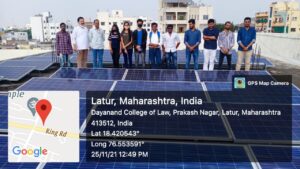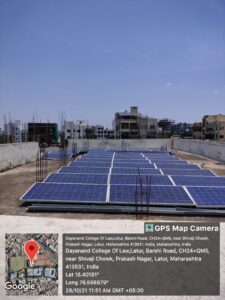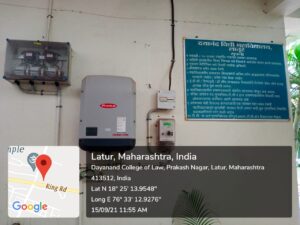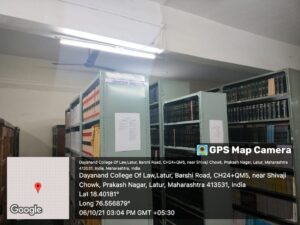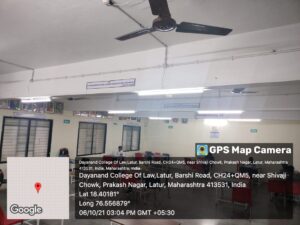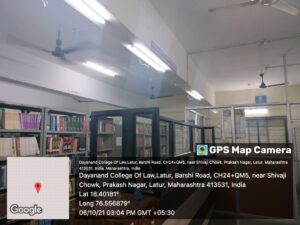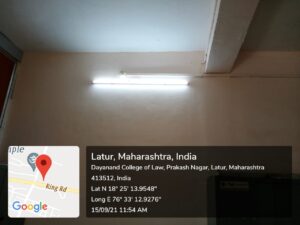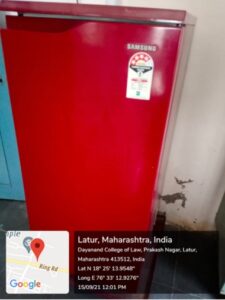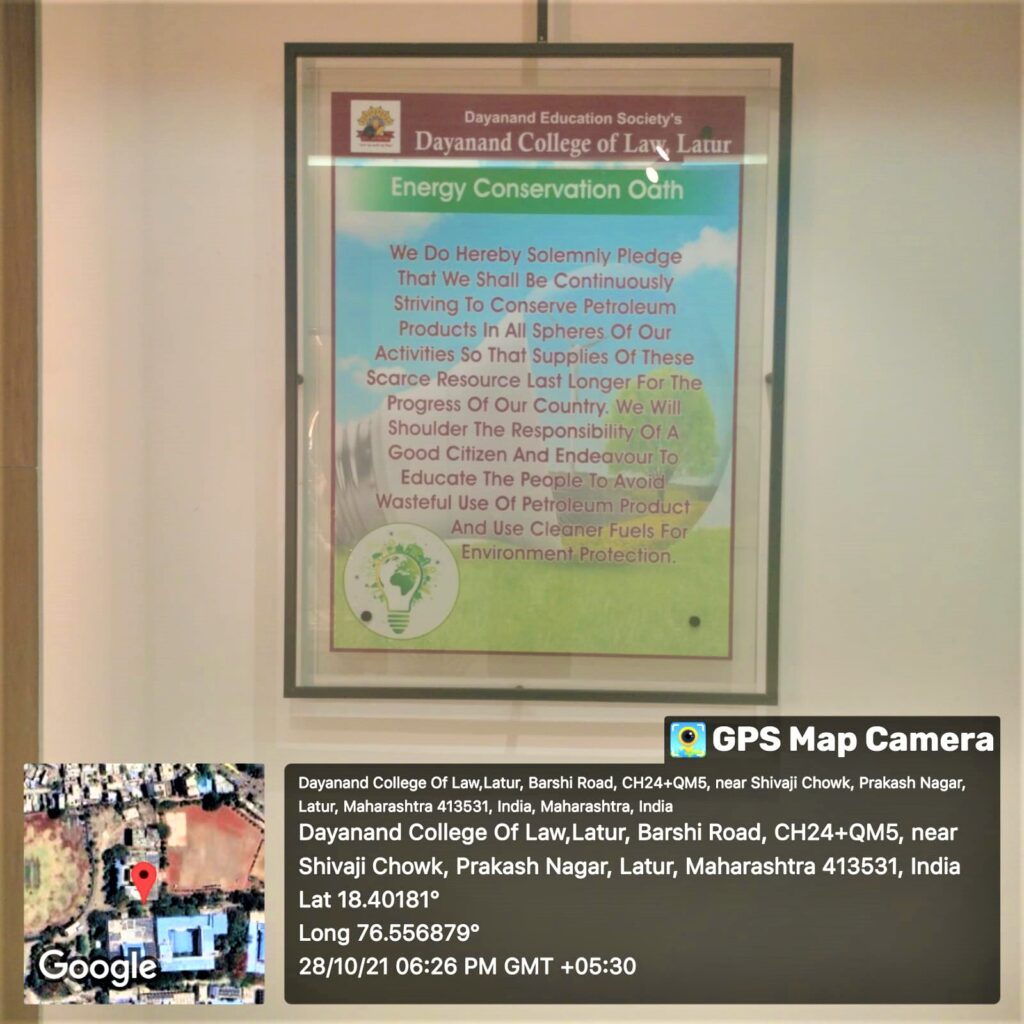
Objectives of Energy Conservation
- To achieve and maintain optimum energy procurement and utilization, throughout the institution.
- To minimize energy costs/waste without affecting production and quality.
- To reduce import dependency.
- To enhance energy security, economic competitiveness, and environmental quality
The facilities at the Institution for alternate sources of energy and energy conservation measures
Solar Energy
Solar energy is a renewable form of energy. It is a never ending source of energy. It is clean and green energy. It also helps to ecosystem and environment. It also helps in the reduction of electricity bills.
By taking into account all these benefits, our institution has installed solar panel on its roof on 31st March 2018. The panel has the capacity of generating total 15.00 KW energy. The order includes design, supply, installation & testing of 15 KW grid connected to the roof top solar system.
Wheeling to the Grid
Net metering refers to a mechanism whereby solar energy exported to the grid from grid-tied rooftop solar PV system of a prosumer is deducted from the energy imported from the grid in units (kilowatt-hours) to arrive at the net imported/exported energy. When the solar panels produce excess power, that power is sent to the grid. This power can be taken back when the solar plants are not functioning.
It is an energy accounting mechanism that helps our institution with grid connected rooftop solar systems reduce the energy/ electricity bills.
Taking into account these things, our institution has installed solar PV system under net metering of 440 KW (Pub) connected load on existing 440 V level. It was sanctioned for installation on 21st June 2018.
Sensor based Energy Conservation
A sensor is a device that detects and responds to some type of input from the physical environment.
Sensor based Energy Conservation System includes smart control of electric devices with transformation of the manual system into smart system with incorporation of embedded system. It results in substantial energy conservation.
Our Institution has installed the system of turning off the lights and fans when the room is left and these become inactive when find inactivity. It helps to reduce the energy consumption and thereby conserves the energy.
LED (Light Emitting Diode) bulbs/lights are energy efficient, long lasting, and emit less heat. They use up to 90% less energy than incandescent bulbs, lasts up to 40 times longer, and offer high-quality light output. It’s use helps in saving energy and improving lighting quality. These are energy efficient, emits no heat or UV rays and enviro-friendly.
From last few years, our Institution has switched completely over the use of LED bulbs and power saving equipment. All the incandescent bulbs are replaced by the LED bulbs.


